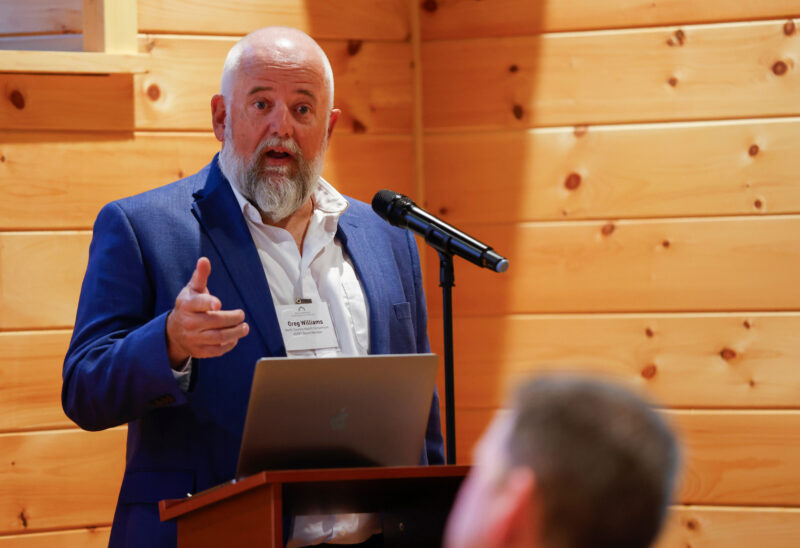The following testimony was submitted to the New Hampshire Senate Education Committee:
The New Hampshire Charitable Foundation, New Hampshire’s statewide community foundation, has long invested in efforts to combat substance misuse and improve outcomes for New Hampshire’s children and youth. Over the past five years, the Foundation has invested more than $17 million in prevention, treatment and recovery from substance use disorders alone. We believe that it is important to ground such investments in data-driven approaches.
Specifically, we rely heavily on data collected by the Youth Risk Behavior Survey (YRBS) to inform and assess the effectiveness of our investments and efforts to advance children’s behavioral health, such as the Foundation’s ten-year strategy in substance misuse prevention among youth. By undermining the availability of reliable and valid data HB 1639 would severely undermine the efforts of public and nonprofit agencies to keep New Hampshire’s young people healthy. We strongly oppose the bill.
The Charitable Foundation has a strong stake in this. More than a decade ago, our resources were used in good faith with the state to support statewide implementation of the YRBS precisely because New Hampshire lacked good data to inform critical efforts such as prevention of youth suicide and youth substance misuse. The YRBS, administered every two years with collaboration from the state and our schools, anonymously measures risk factors and behaviors in key areas, such as alcohol and drug use, smoking, risk of injury or violence, attempted suicide, and more. This aggregated data tracks both progress and emerging areas of concern — health trends that can shape effective strategies to meet the needs of young people. A rise in youth mental health issues due to the pandemic and the challenges of remote learning, for example, would show up in the data, and help the state, health care and youth-serving nonprofits, and funders like the Charitable Foundation better target resources to address concerns and gaps, as well as to track successes.
The YRBS data is also the basis upon which the state and New Hampshire communities apply for and receive millions of dollars each year in federal youth health and wellness funding across multiple programs. This funding — and our public health, substance misuse prevention, and children’s behavioral health infrastructures — would all be at risk were the YRBS to cease to be a reliable source of data.
As so many have said, this bill would significantly undermine the reliability and validity of the YRBS data. That is because surveys that necessitate an extra “opt-in” step are highly prone to sample bias, underrepresentation of certain categories of students, and sample size that is too small to be relied upon meaningfully. Simply put, the proposed opt-in measure would leave everyone in New Hampshire without the good data we need to support the well-being of our kids.
As our state continues to fight an addiction epidemic, and as mental health issues continue to affect so many Granite Staters, it is absolutely critical that we have all the tools needed to support our youth and to help them to succeed. Robust and valid YRBS data — and millions of dollars in federal, state, community, and philanthropic resources that are reliant on this data — are among these critical tools. We strongly urge members of the committee to vote HB 1639 inexpedient to legislate.

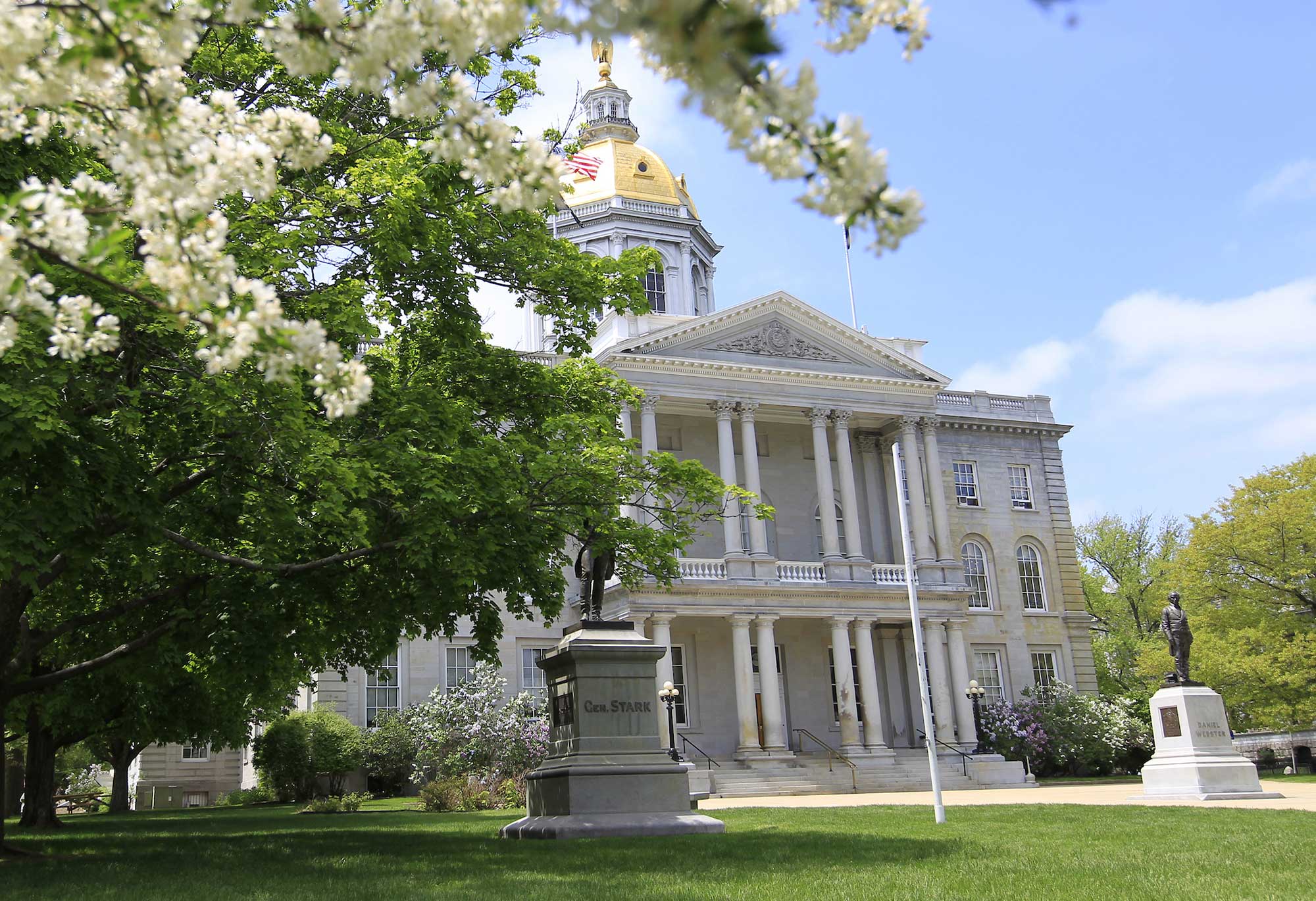






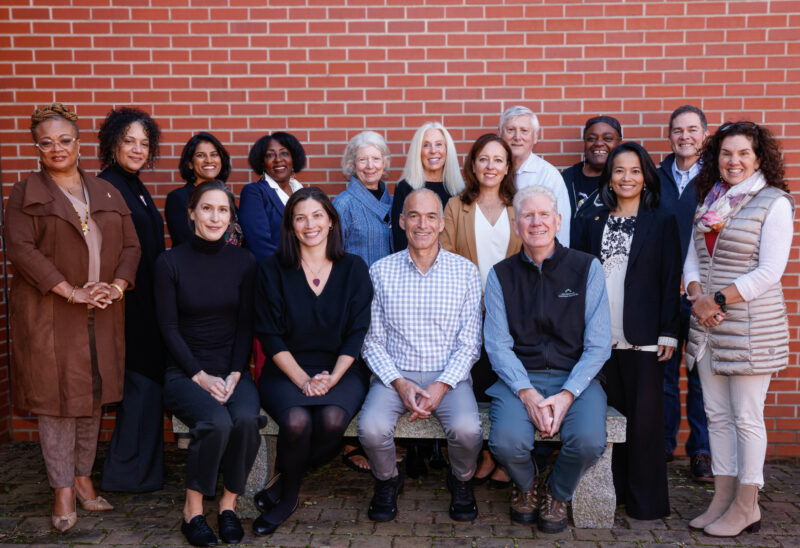
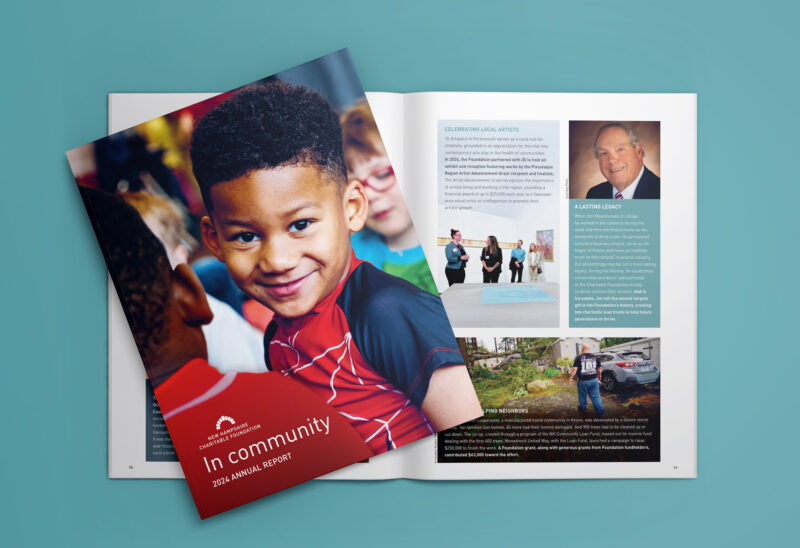
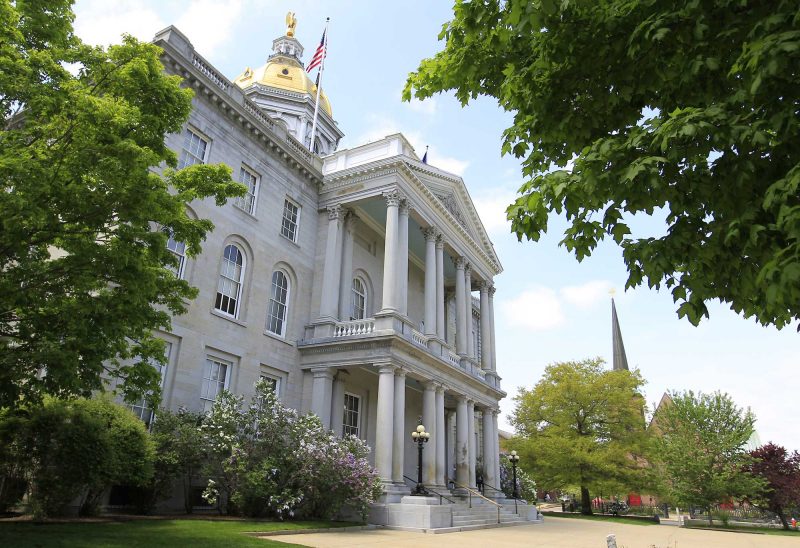
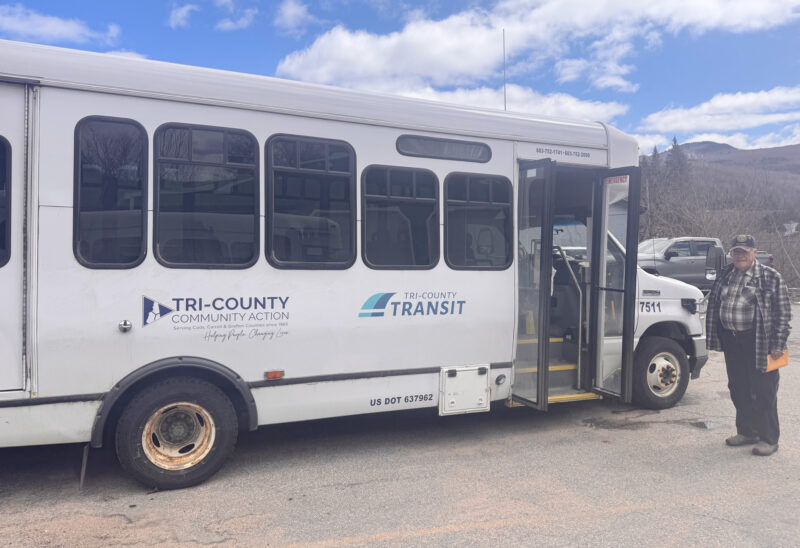



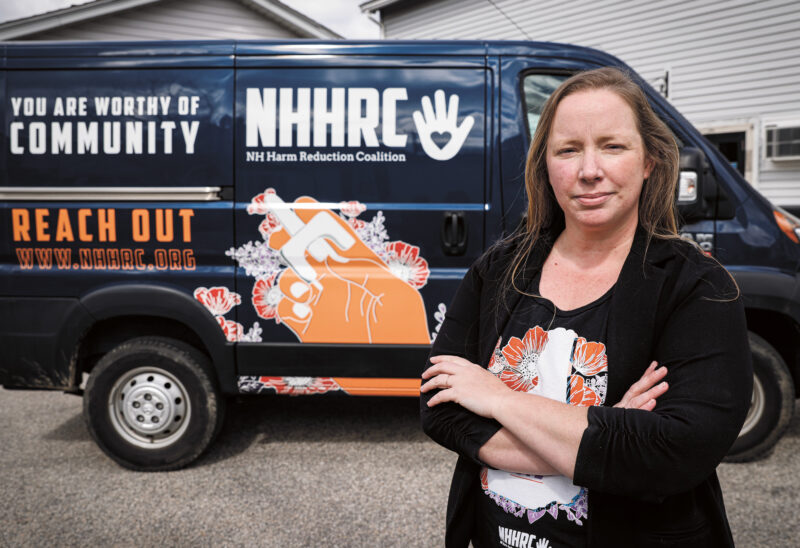
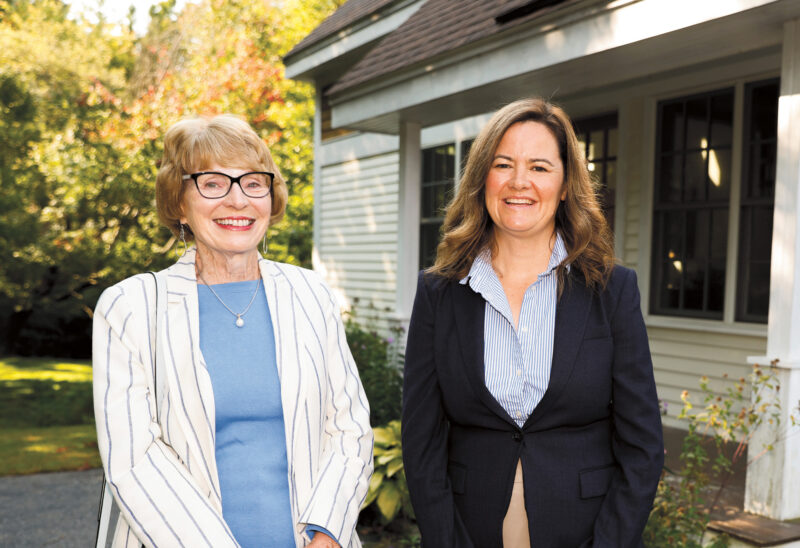
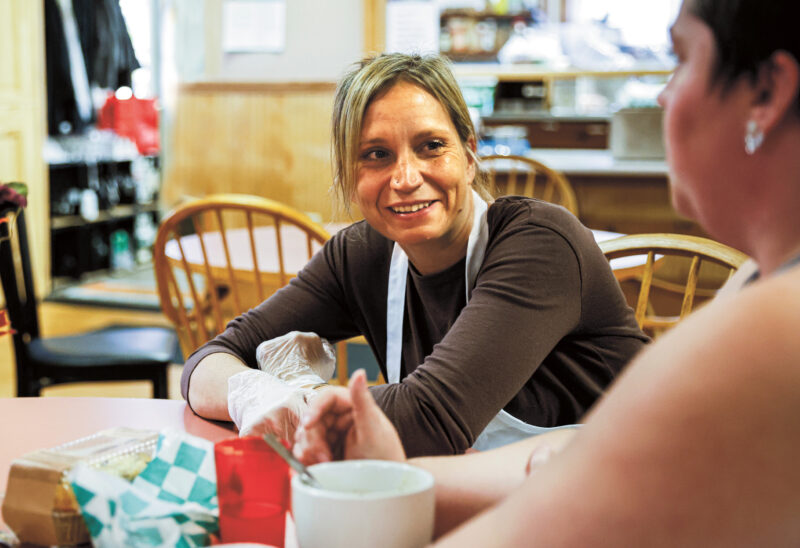
![Charitable Foundation President Dick Ober [Photo by Cheryl Senter]](https://www.nhcf.org/wp-content/uploads/2023/12/dick-ober-purpose-fall-winter-2023-800x548.jpg)
